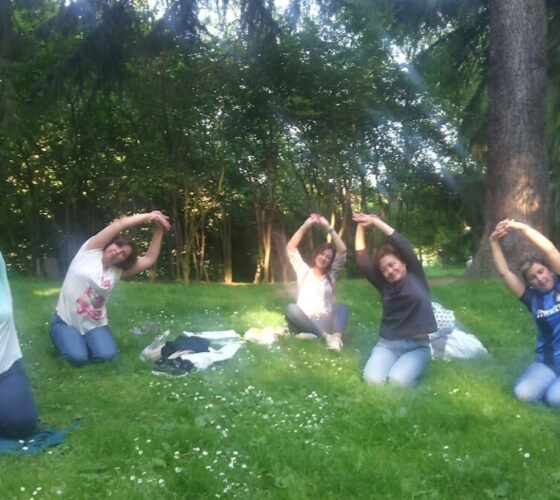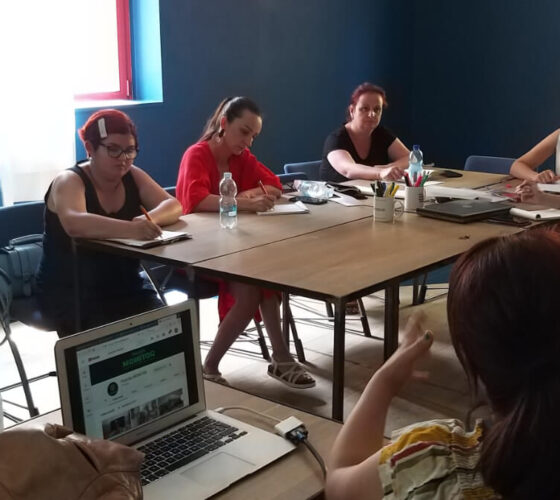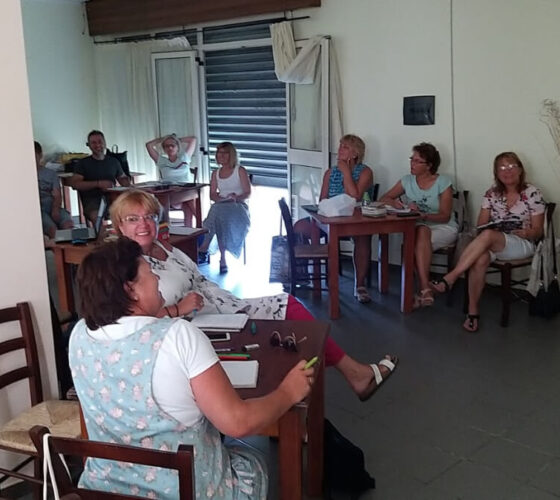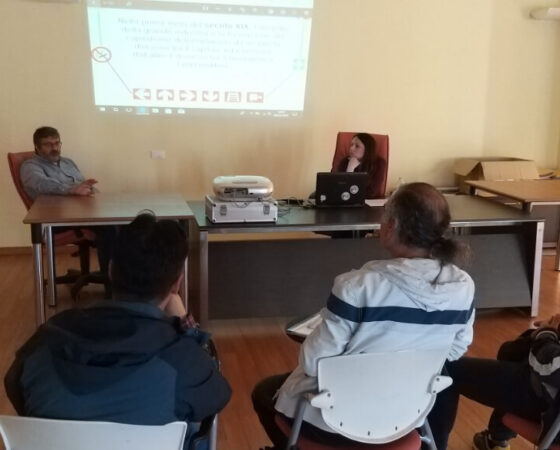Project Info
Course center Provider: Europe for all
PIC: 948745070 OID: E10049367
Locations: Milano Italy;
Category: Teaching Method
Project Info
Course center Provider: Europe for all
PIC: 948745070 OID: E10049367
Locations: Milano Italy;
Category: Teaching Method
For several years, drama activities have formed part of the language teacher’s toolkit and have been incorporated into classroom materials. Many teachers today have a general understanding of what drama is and the many benefits it brings to language learners so it is my intention in this series of blog posts to pinpoint what it actually entails and then remind ourselves to what extent it can be applied to language teaching in a thorough and systematic way.Drama is the “Deliberate use of imagination, voice, and movement to create or re-create an experience.” Very popular to teach foreign languages and to deep learning strategy this activities will encourage students to explore and expand their imaginations, while freeing up their vocal and physical abilities.

The main objective of drama is to create a semblance of reality in the portrayal of characters in order for the audience to relate to the actors and become engaged in the story. Similarly, in pedagogical terms, it is widely believed that to make language learning more meaningful and memorable, we should be providing our students with a multi-sensorial experience, engaging them physically and emotionally. Drama as a tool in communicative language teaching not only deals with spoken utterances but also examines the wider aspects of communication and is a whole-person approach: it encompasses and develops the kinesics features of communication (gestures, movement and facial expression), self-expressiveness, creativity and imagination, spontaneity, social and cultural awareness as well as prosodic features (pronunciation, intonation, pitch, pace, volume and tone of voice).


Provide an introduction and overview of the basic principles and rationales of using drama in language teaching. These will include; creating better group dynamics and building trust; voice and pronunciation; fluency, improvisation and characterization.
Drama emphasizes the importance of cohesive groupwork and therefore builds trust between learners, thereby reducing stress and building confidence. It also encourages students to take pride in any kind of performance work as learners have to rely on each other to produce something of value and quality. As a result their self-esteem and motivation are increased through their achievements. Drama sensitises us to other people’s thoughts, feelings and behaviour because it often requires us to put ourselves in somebody else’s shoes and see the world from their perspective; it develops empathy, drama is fun, unconventional and an oft-needed physical release. It frequently generates laughter and a relaxed atmosphere, promoting an ideal learning climate. Drama provides opportunities to engage in authentic language use in a given situation so learners are not practising lexical and grammatical items in isolation but are rather putting them in an active context
drama caters well for mixed-ability groups as less challenging roles and responsibilities can be given to less able learners and more able learners can be used to demonstrate an activity or take leadership responsibility within a small group. giving this kind of responsibility

day /lesson 1
Welcome time, needs analysis, presentation of the program, bibliographic and study material indications, question time_: CLIL and drama, new tips for learning new languages, task-based approach, Project-based Approach, TQA process, experience and deep learning, question time.
day/lesson 2
I ACTIVATION: let’s explore space and immagination: workshop, discussion about results, question time. How to Teach Drama in the Classroom, teach drama with drama games and improvisation, teach Drama with monologues, drama and language skills, question time.
day/lesson 3
Drama Lesson Plans: Step By Step, how to create a successful drama lesson, , question time.
II ACTIVATION: physical warm-ups and relaxation exercises: workshop, presentation and discussion about results, critical analysis, question time
day/lesson 4
Drama for less-motivated and boisterous students, drama teaching tips, keeping ownership with students, question time III ACTIVATION: new methodologies and approach : workshop, presentation and discussion about results, analysis, question time.
day/lesson 5
Drama for less-motivated and boisterous students, drama teaching tips, keeping ownership with students, question time. Final evaluation, providing course materials and the certificate of participation.
Dates:
2024
from 21/01/2024 to 27/01/2024
from 07/04/2024 to 13/04/2024
from 09/06/2024 to 15/06/2024
from 14/07/2024 to 20/07/2024
from 29/09/2024 to 05/10/2024
from 01/12/2024 to 07/12/2024
2025
from 09/02/2025 to 15/02/2025
from 13/04/2025 to 19/04/2025
from 13/07/2025 to 19/07/2025
from 07/12/2025 to 13/12/2025
* we can also arrange a new date for specific needs of the group.
We can also provide at accomodation, airport services etc.